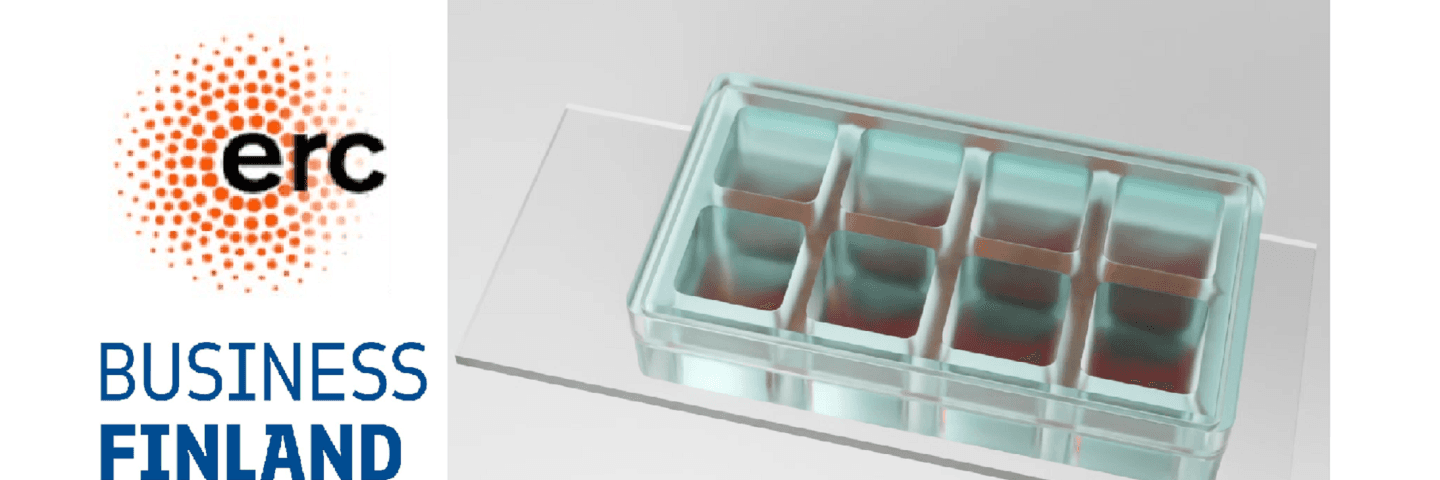L-Cell is a method for robust, reconfigurable control of surface topography, based on creating reversible light-induced surface structures onto light-responsive multilayers. These light-reconfigurable substrates allow free-form topographical patterns to be created and subsequently reconfigured on a biocompatible cell culture substrate, even when the cells are already growing on the substrate.
Cells are in continuous dynamic biophysical interaction with their extracellular environment and such mechanical interplay guides fundamental physiological (e.g. embryonic development and tissue regeneration) and pathological processes (e.g. cancer metastasis, atherosclerosis, myopathies). The growing need to reduce animal testing in drug screening, toxicology, and research has increased the demand for innovative cell culture solutions that recapitulate the complexity of cell dynamics and mechanobiology in a controllable, cost-effective way, without sacrificing their clinical relevance.
Surface microtopographies allow the study and control of cellular organization in space, but there are no experimental means for allowing spatiotemporal control of cell behavior, that is, a versatile tool for mechanical interrogation of cells to study mechanobiological processes in a high-throughput manner. L-Cell aims at mimicking more closely the dynamics that regulate many physiological and pathological processes, enabling unique mechanobiological investigations to be conducted.
Funding
Funding source
ERC Proof of Concept - 1.08.2022 - 31.1.2024
Business Finland - Research to Business - 1.09.2023 - 28.02.2025



